A South Dakota rancher sells three steers at auction. Before he sees a dime, $3 is skimmed off the top. It doesn’t pay his feed bill. It doesn’t fix his fencing. It goes to fund ads, research, and meetings he’ll never attend—promoting beef he can’t trace, run by a board he can’t recall electing.
That’s the Beef Checkoff.
A mandatory $1-per-head fee on every sale, passed in 1985 with promises of unity and growth. But four decades later, it’s become a multimillion-dollar machine of blurred lines, contractor capture, and institutional silence. And for many small producers, it feels less like promotion—and more like theft.
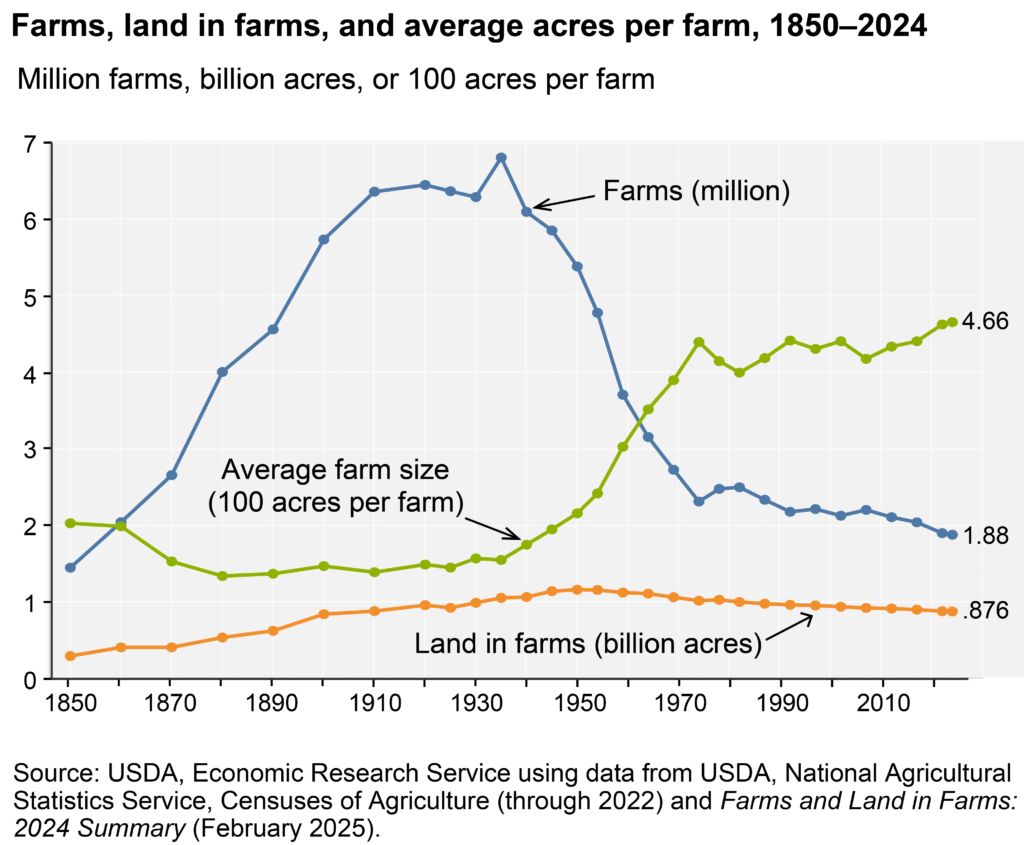
Since the Beef Checkoff began in 1985, America has lost over 665,000 beef cattle farms and ranches—more than half of all producers. That’s not progress. That’s a purge. Between 2017 and 2022 alone, we lost nearly 107,000 more, while the national herd shrank to its lowest point since 1951. The survivors? Forced to fund the very system that replaced them.

And while producers were going under, the Beef Checkoff elite were drafting a Long Range Plan to “align production systems” and control the future of beef—without ranchers at the table. It’s a corporate blueprint to standardize the supply chain, rewrite what counts as “sustainable,” and drown out anyone who doesn’t comply.
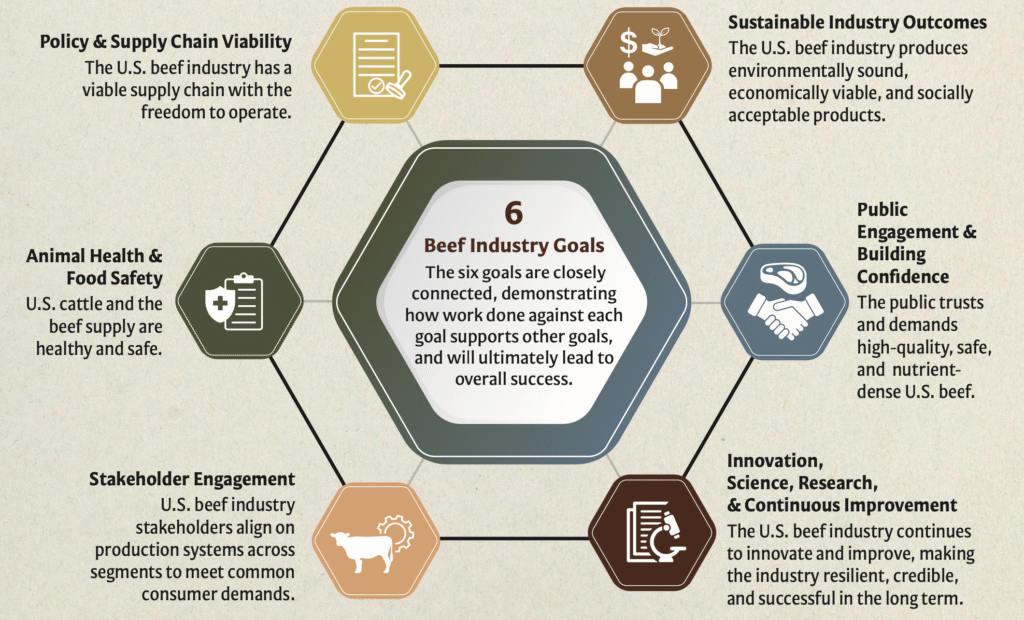
The 79% Lie
The Beef Checkoff was born in 1985, packaged as a marketing lifeline for struggling ranchers. But the vote that made it permanent? It’s not what it seems.
Pro-checkoff groups love to cite a “79% approval” figure from the 1988 USDA referendum. What they don’t say is that less than 20% of eligible producers and importers even voted—and that number included foreign importers, not just American ranchers.
Only about 202,000 “yes” votes locked in a program that today siphons over $40 million a year from producers at every sale barn and auction. No opt-out, unless you’re USDA-certified organic. No input, unless you’re tied into the bureaucracy.
The mandate wasn’t overwhelming. It was engineered—and it’s never been revisited.
How NCBA Captured the System
Officially, the Cattlemen’s Beef Board oversees the funds, with the USDA’s Agricultural Marketing Service playing referee. But in practice, it’s the contractors—especially the National Cattlemen’s Beef Association (NCBA)—who call the shots.
But this wasn’t just bureaucratic creep—it was engineered. In states like Illinois, every cattle sale triggers a forced deduction from the seller’s check, collected by market agents and enforced by law. Failure to pay is treated as a personal debt, with a 10% penalty, civil action, and possible license suspension for markets that don’t comply (505 ILCS 25/9). You pay at the point of sale—or you pay in court. This is state-enforced wealth transfer from working ranchers to a self-governed, unaccountable marketing regime.
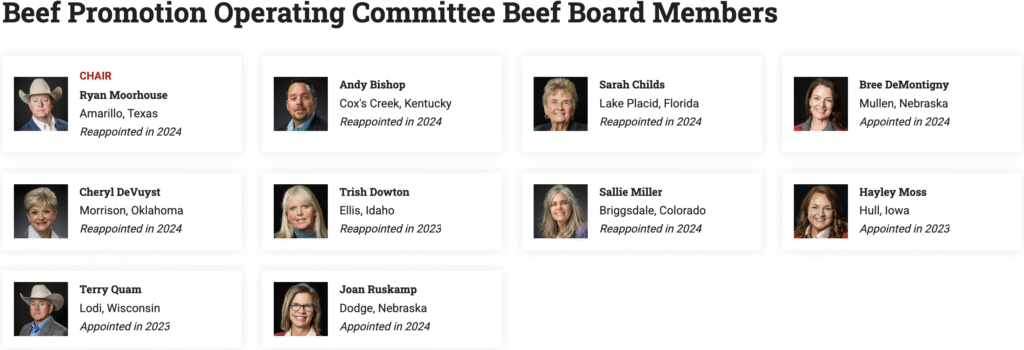
Every year, the Beef Promotion Operating Committee—split 10/10 between the CBB and NCBA-aligned Federation of State Beef Councils—awards contracts for research, advertising, education, and export marketing.
And NCBA wins—again and again.
In 2023 alone, NCBA received $38.2 million in checkoff contracts, controlling over 68% of all national spending. The same group that lobbies against Country-of-Origin Labeling and supports increased imports also dominates the very system that claims to promote American beef.

Checkoff dollars can’t legally be used for lobbying—but NCBA doesn’t need to. It uses the infrastructure, reputation, and visibility built on checkoff money to push policies that benefit the packers, not the producers.
“Yes, the generic advertising of beef conducted by the beef checkoff program helps to increase overall beef sales,” said RCALF’s Bill Bullard. “But the question producers should ask is whether those increased sales benefit cattle producers?”
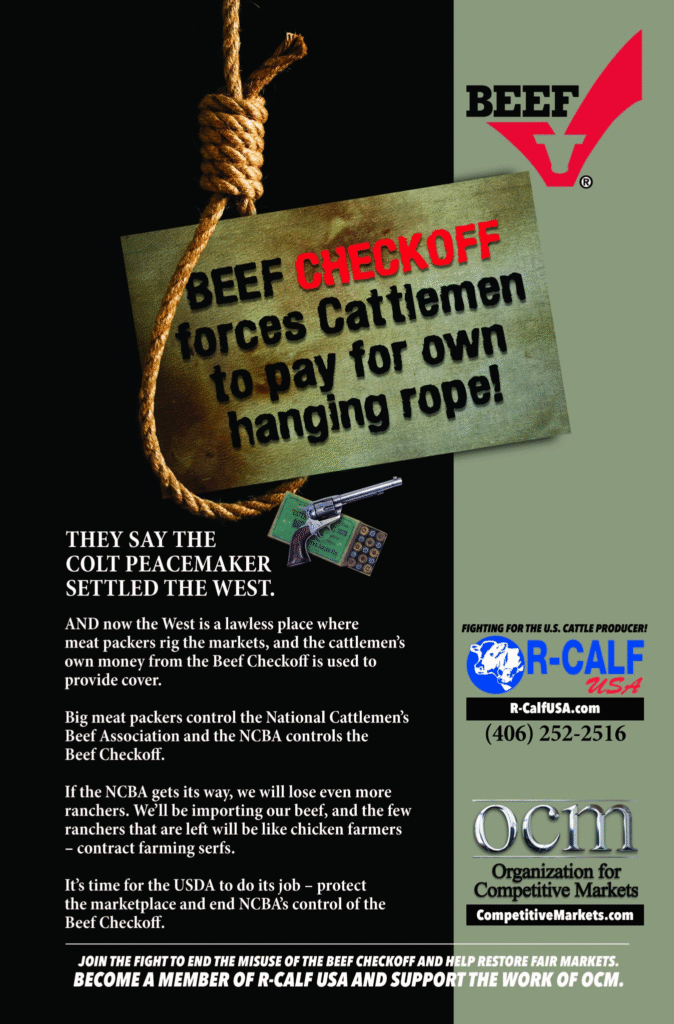
Who Pays, Who Profits
Despite a glowing Cornell ROI study claiming a $13.41 return per dollar invested, ranchers are skeptical. The study was commissioned by the checkoff itself, and it doesn’t ask the real question: who actually benefits?
Here’s what they leave out:
- Imported beef pays into the checkoff, meaning “Beef. It’s What’s for Dinner” can promote Uruguayan or Brazilian product under a U.S. flag.
- Small producers don’t get a say, don’t get direct returns, and don’t see their values reflected in the marketing.
- Legal battles—like R-CALF USA v. Perdue—argue the program violates the First Amendment by forcing ranchers to fund speech they oppose.
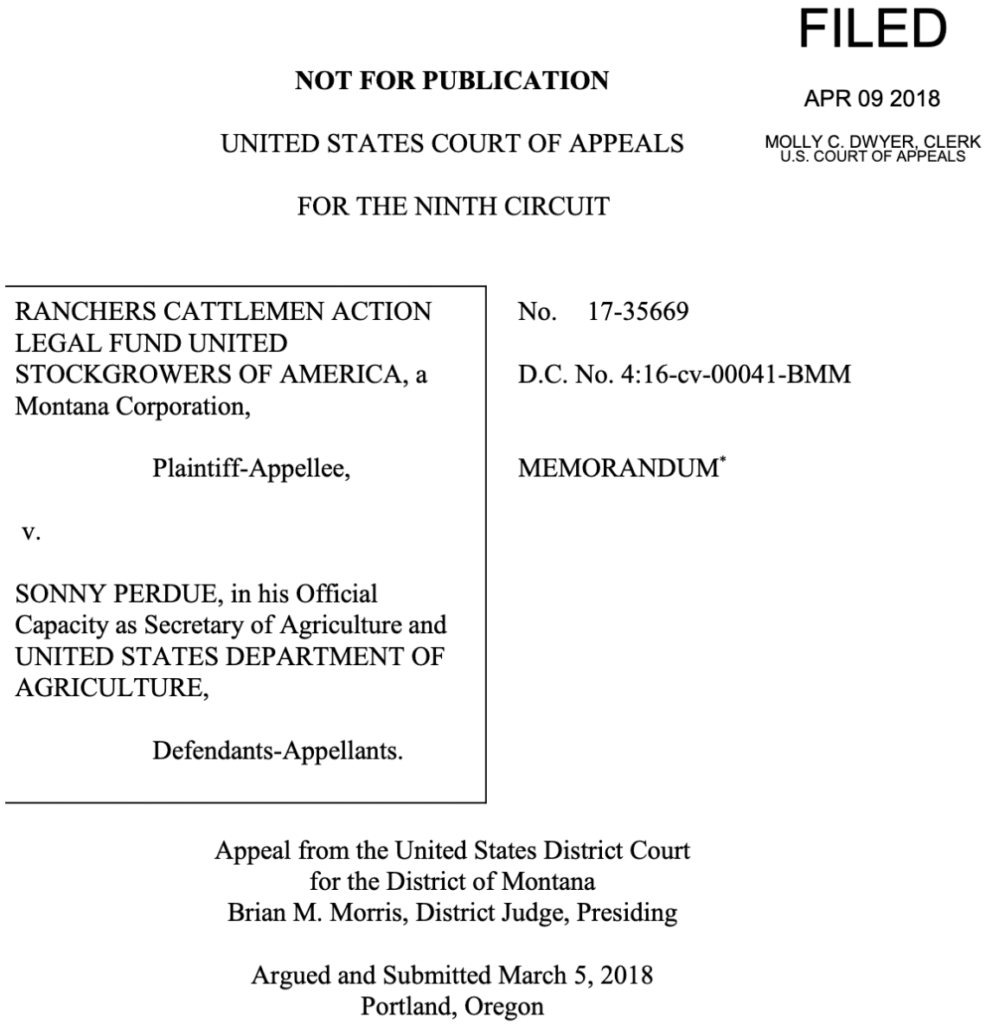
Attempts to reclaim control at the state level have met resistance. When the Montana Beef Council tried to keep more funds local, the USDA intervened to force those dollars back into the national pot.
Unless you’re certified organic and file the right form every year, you pay. Whether or not you believe in it. Whether or not you benefit.
“Promoted by the People. Owned by the Few.”
They said it was about promotion. They said it would raise all boats. But the checkoff doesn’t care if your beef is grass-fed or cartel-laundered through Mexico. It doesn’t care if you graze regeneratively or finish in a CAFO.
It asks only: Did you pay your dollar?
And while independent ranchers bleed out—priced out, bought out, shut out—that dollar keeps flowing to the ones with the microphones, the contracts, and the policy seats.
The fix?
- End the contractor monopoly.
- Open the books.
- Give producers the right to vote again—or opt out.
If this is truly about promoting beef, let ranchers decide what that means.
Because right now, the only ones getting promoted are the foreign-owned meat cartels getting rich while American ranchers get wiped off the map.
Stop funding the meat cartel—take your dollar back and buy from the ranchers they’re trying to erase at BeefMaps.com.



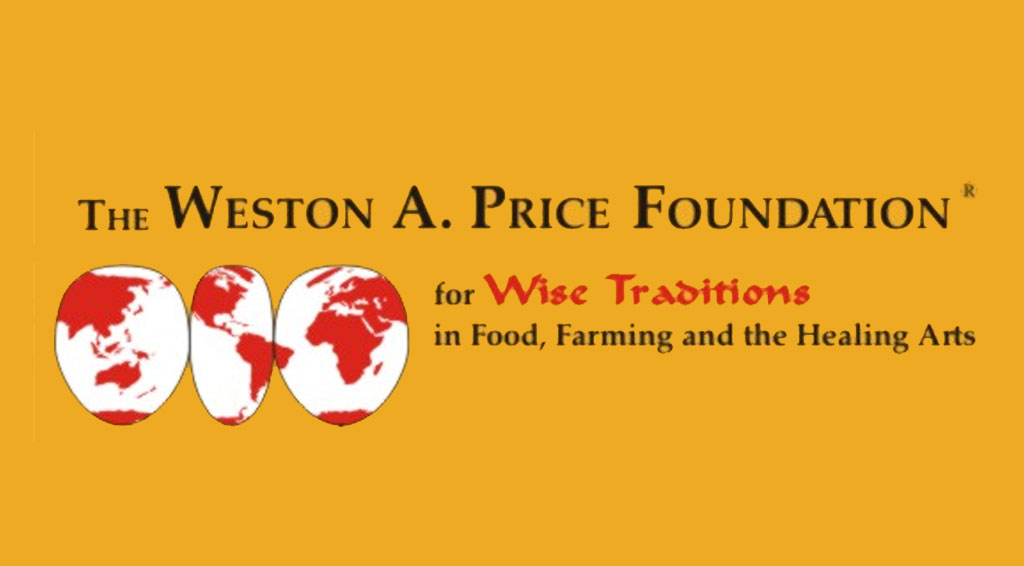
0 Comments